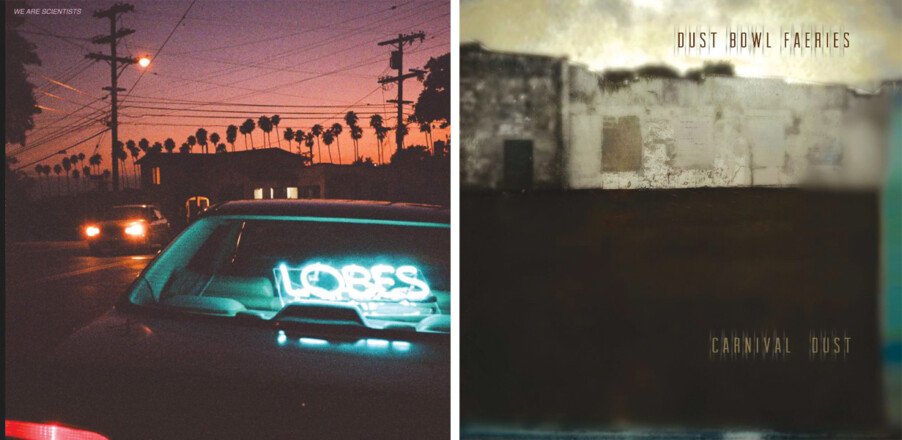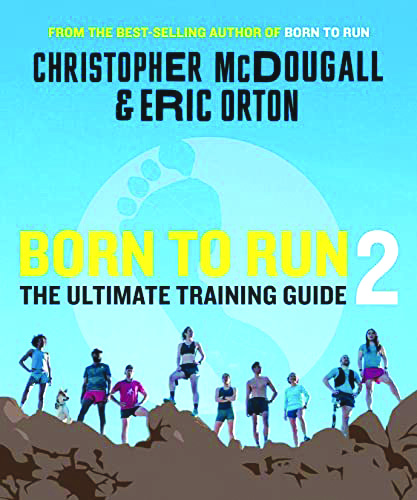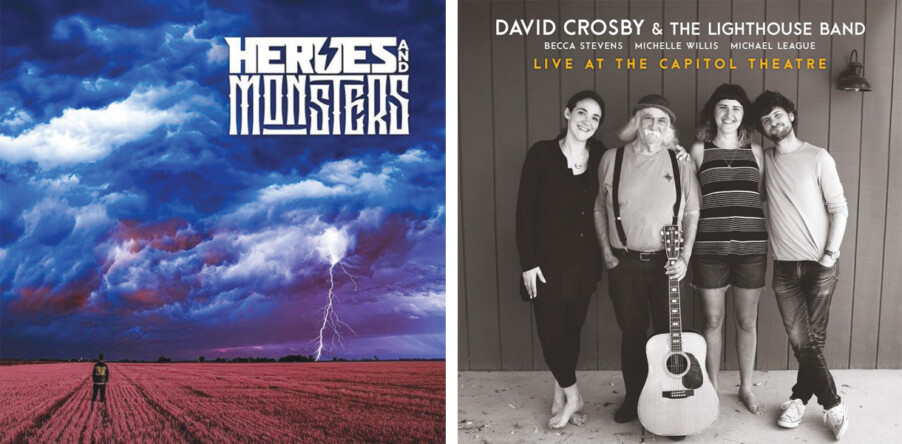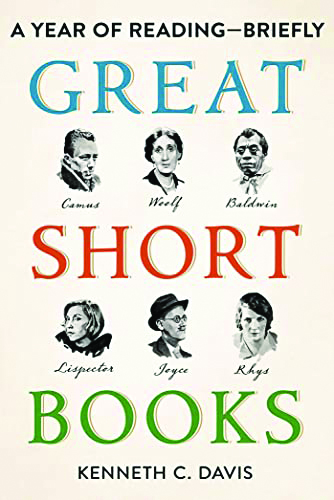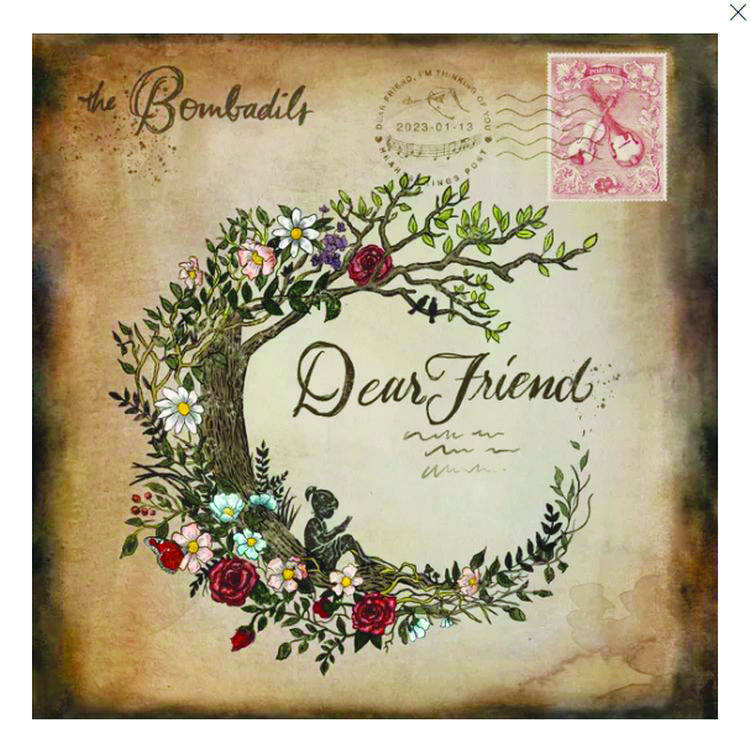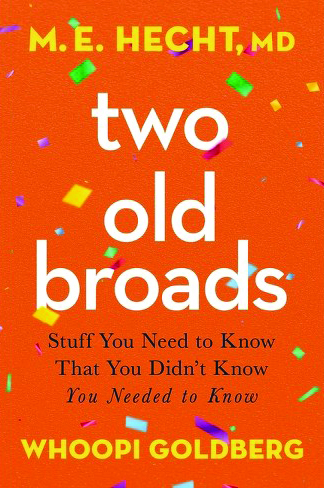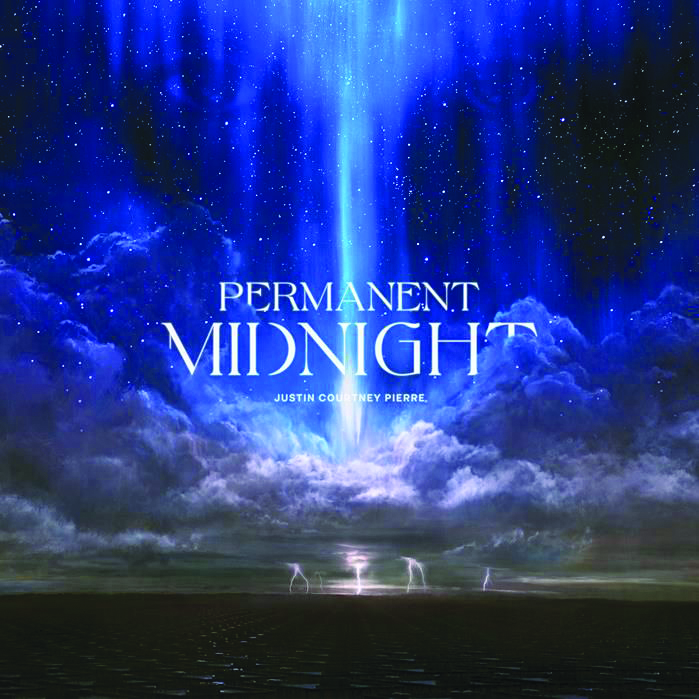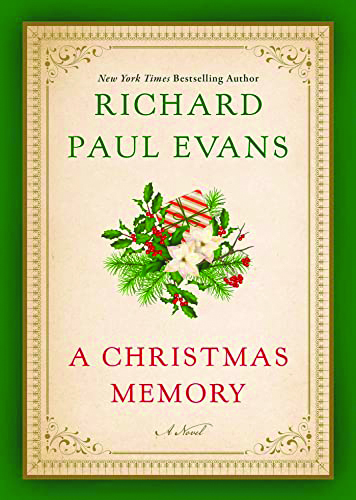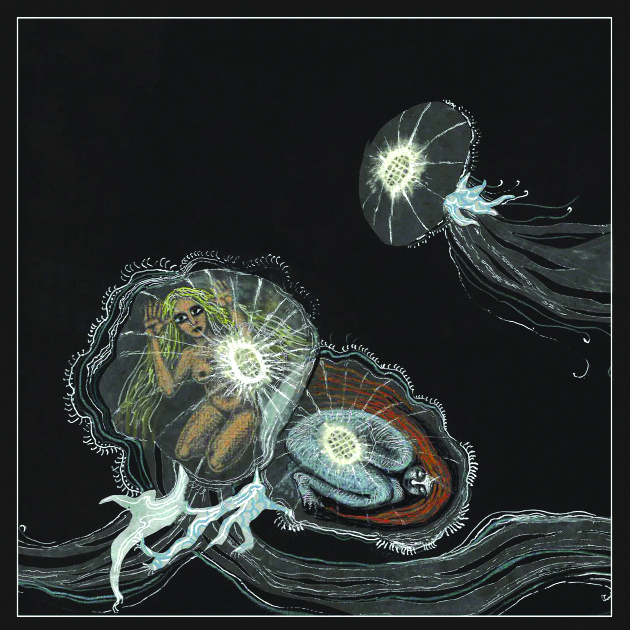We Are Scientists, Lobe (Masterswan Recordings)
You may remember this New York City-based indie-rock band first surfacing in 2005 with their debut LP With Love And Squalor, a sturdy record that did well for sounding like a cross between Killers and Tokyo Police Club (I know, there’s not a terribly wide difference there aside from the energy levels, which is what I really mean). I remember not being blown away by them, but they were fine, no problems. On this, their eighth full-length, they’ve thrown off the self-imposed adherence to Aughts-era “polite-noise” that made the whole decade so loathsome and have matured into something quite remarkable, a sort of neo-post-punk thing that — at least I’d think — will be genuinely adored by the 50-ish Gen Xers of their age group (I’m sure it’s refreshing not to act 10 years younger than they are). What do I mean? Well, opening tune “Operator Error” is a great one, like an evolved version of something Mr. Mister would have tossed up as a single. “Human Resources” is even more rich and delicious, evoking Tears For Fears 2.0, and such and so. This one deserves a lot more attention than it’ll get. Shame about that. A+
Dust Bowl Faeries, Carnival Dust (self-released)
These guys had me at “Hudson Valley, NY’s goth, rock, cabaret, vaudeville, and folk [band],” a combination of descriptors that the world needs much more of. As you’d expect, this quintet is visually appealing to cynical outcasts: guys dressed like beer-barrel polka-meisters; cute girls with plush antlers on their heads, but like someone (OK, everyone) once said, the proof is in the listening, and this six-song EP has all the necessary boxes checked, I assure you. Accordion-fueled oom-pa-pa in “Cuckoo”; Decemberists-tinged furry-pop in “Changeling”; a creepy campfire mumble-along (“Medicine Show”); vintage spooky-ghost-whistling in “The Old Ragdoll” — this bunch isn’t kidding around, especially in the video for “Lost in Time,” which rattles off every steampunk trope like it’s a test. Bandleader Ryder Cooder (apparently no relation to Ry) got Melora Creager of Rasputina to help produce this act’s first album and hasn’t looked back; if you’re a frequent attendee at spooky-cons, you’d better get on board fast. A+
Playlist
• You have got to be kidding me. The next general-CD-release date is already Jan. 20? How did that even happen? I mean, I don’t have a problem if this dumb winter wants to fly me right out the window and land me in a nice greasy beach Snack Shack staring down the barrel of a fried seafood platter, let’s do this. I’m already ready, since I hate everything about skiing and/or generally slipping on ice like a funny dancing clown on my way back into the house to gulp quarts of hot cocoa and try to find something decent on Netflix (there isn’t, and I should really just cancel my subscription right this minute, seeing as how I’m all set forever with gross serial killer mysteries with Finnish voice overdubs and people acting all nice and European and normal). Yessiree Bob, get me out of this insane frozen tundra post haste and serve me clams, fast-forward this crazy thing, but for now we shall suffer through these frozen winds, freshly blown onto our faces from Canadian igloos, and go check out some of these albums. I think we should start with British synthpop girls Ladytron, because the last I heard from them they were sort of a one-trick (albeit sexy, mind you) goth-tinged synthpop band that did little to differentiate themselves from mid-aughts euro-club acts like Miss Kittin and all that. With “Misery Remember Me,” the single to their new one, Time’s Arrow, though, I’m hearing a definite shift to traditional shoegaze — crank the reverb and the emotional unavailability, bake at 300 and serve. The beat is quite nice; now let’s see if I can find something I can actually mock.
• According to Wikipedia, Dave Rowntree is, let’s see, an English musician, politician, solicitor, composer and animator. Wait, did I take wrong turn at somewhere, oh OK, never mind, he’s the drummer from famous oi/pub band Blur, meaning Rowntree got his political campaign seed money by way of royalties from the ridiculously overrated Madchester, uh, classic, “Parklife” (think of a song that’d be in the buds of a gang of football hooligans who’re chasing Mr. Bean around a sleepy British burg and you’re there). But ours is not to tool on Blur’s oeuvre or find fault with British politics (if they have any). Nay, we’re tasked with looking at Rowntree’s debut solo album, Radio Songs, and trying to justify its ever being made. OK, listening to rope-in single “Devil’s Island,” I have nothing in the way of good news. There’s a kind of dumb synth line, ably made worse by an off-time clicking noise, and Rowntree talk-sings like the guy from Psychedelic Furs. It would probably be listenable if you were having a few “pints” at a pub in Lancashire On Whatever, but American audiences will listen to it and simply say, “Oh, a new Elvis Costello song I think,” and that’s why America rocks.
• Oh great, another album from Guided by Voices I have to deal with, it’ll never end, friends. This one’s called La La Land, and as always, it will consist of the last 20-odd songs that came to hilariously over-prolific songwriter Robert Pollard whilst he was in the water closet. You know the drill, it’s like King Gizzard, this guy puts out an album every three months, and the single from this one is “Queen of Spaces,” made of an acoustic guitar arpeggio that’s OK, then he sings and it sounds like he’s eating a Twinkie while he’s warbling like a half-sober Tom Waits. OK.
• Lastly we have July Talk, with their new LP, Remember Never Before. The rollout single is “After This,” an ’80s-tinted dance-chill number that will make you think of A-Ha, as if you didn’t already have enough difficulties to deal with.
If you’re in a local band, now’s a great time to let me know about your EP, your single, whatever’s on your mind. Let me know how you’re holding yourself together without being able to play shows or jam with your homies. Send a recipe for keema matar. Message me on Twitter (@esaeger) or Facebook (eric.saeger.9).

